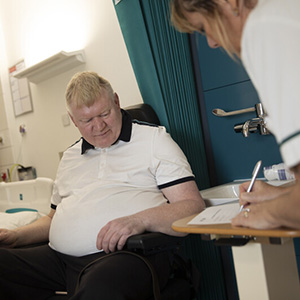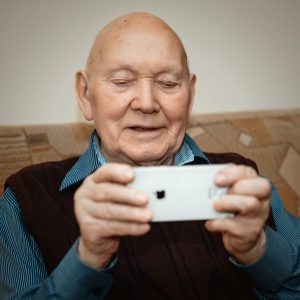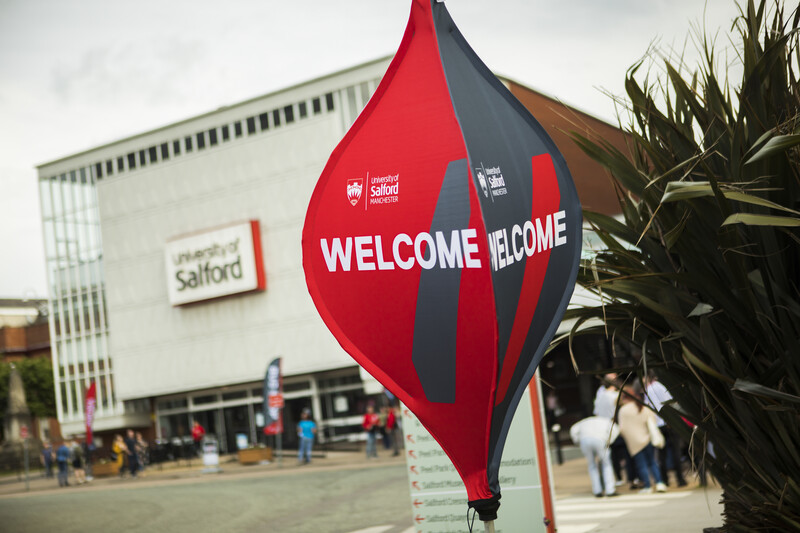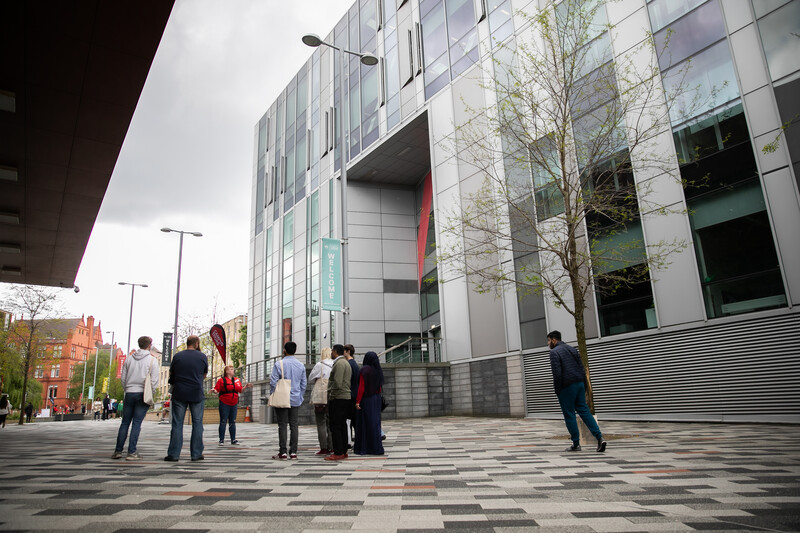Centre for Applied Health Research (CAHR)
The Centre for Applied Health Research (CAHR) works across professions and disciplines to conduct and support research that addresses challenges across health, well-being and social care.
Our researchers are experts in nursing, allied health, public health, diagnostic imaging, psychology, interdisciplinary mental health, neurodevelopmental disorders and digital information systems. Our research is largely applied in nature, spans all parts of the lifecourse and often uses technology and digital solutions to solve real world problems and make positive changes within society.
We work closely and collaboratively with service users and partners across the NHS, local authorities, the third sector and commercial organisations to ensure our work is relevant and feeds into practice and policy at local, national and international levels.
Funded by Research Councils, local authorities, NHS bodies and charities, and with researchers working across areas our key strengths include digital health and imaging, long term conditions, care across the lifecourse, mental health and neurodiversity and equity, inequalities and inclusivity.
Centre Director: Prof Alison Brettle






